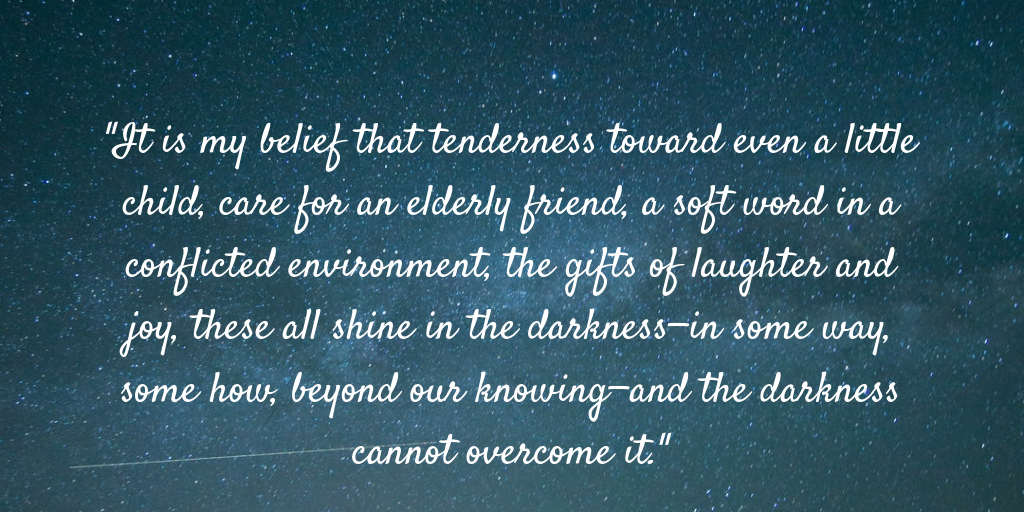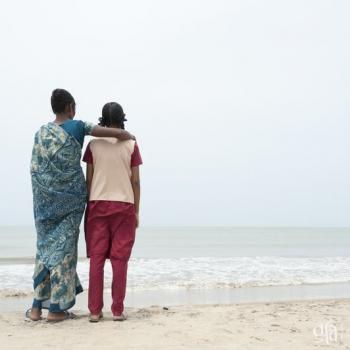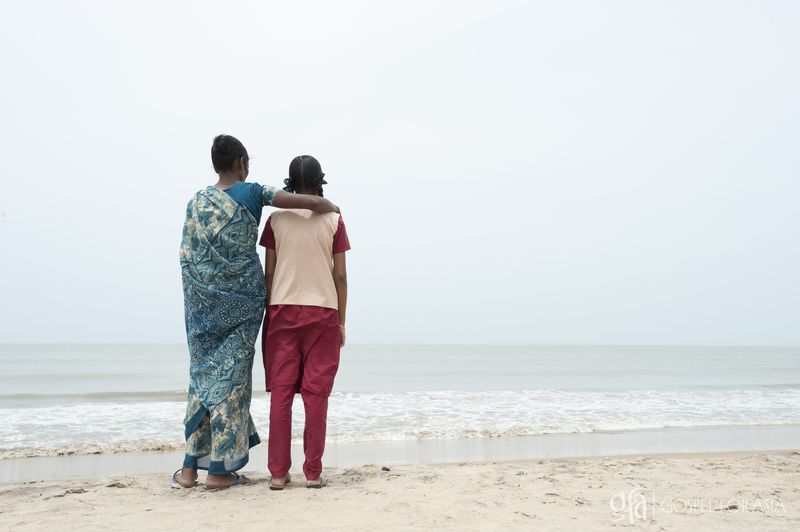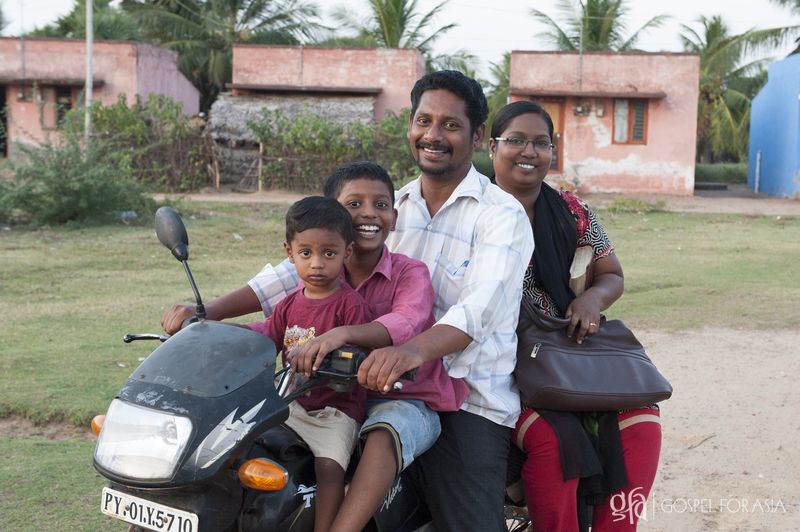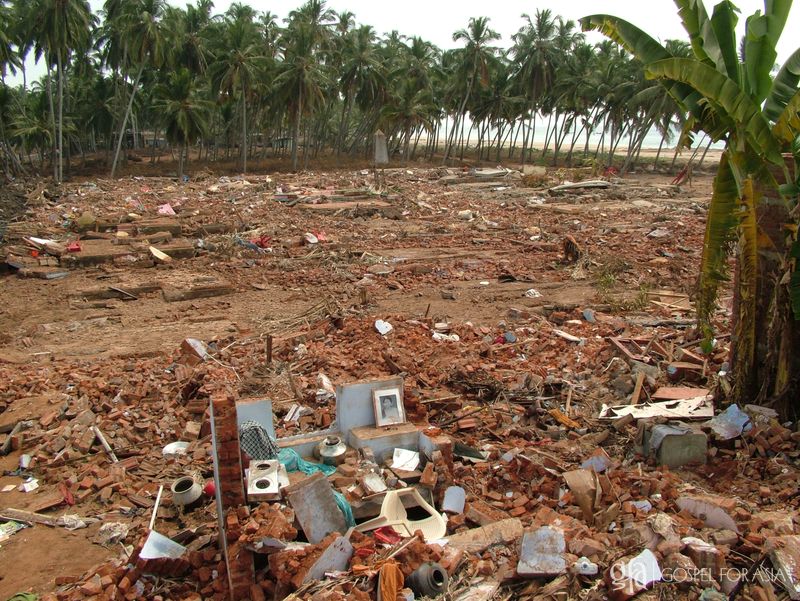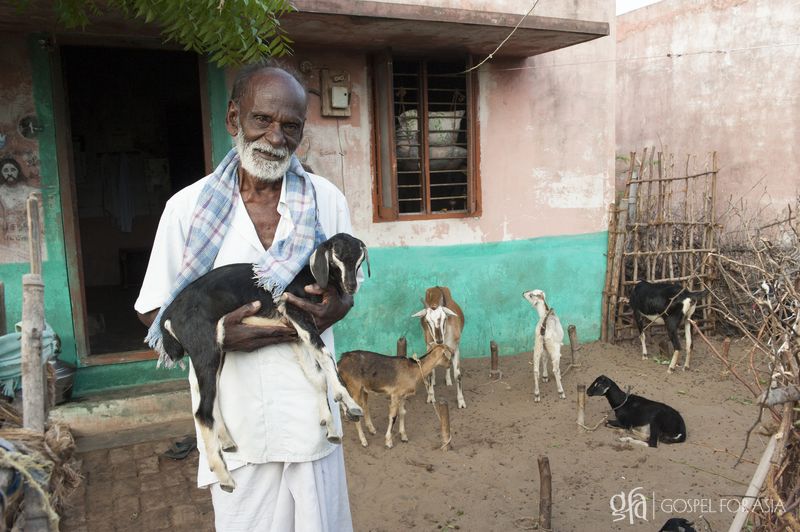Gospel for Asia (GFA) News, Wills Point, Texas
Several billion people around the world live without sufficient access to clean water. Over one billion people lack water supplies. Another 2.7 billion find water scarce for at least one month of the year.
Read Gospel for Asia (GFA)’s Special Report on The Global Clean Water Crisis.
A 2014 survey of the world’s 500 largest cities estimates that one in four is in “water stress.” Twelve major cities are in danger of running out of clean drinking water, if not soon, within the somewhat near future.
- Cape Town. The water crisis in the Cape Town has commanded headlines around the globe when the African National Congress declared a national state of emergency as the city had expected to run out of drinking water by April. The deadline was moved to July but, during the third week of March, the government announced that the immediate crisis had been averted.
- Sao Paulo is Brazil’s financial center. The city of 20 million faced its own Day Zero in 2015. The city turned off its water supply for 12 hours a day, forcing many businesses and industries to shut down.
- Bangalore. The Times of India recently reported that Bangalore “could be the first victim (in Central India) to face an acute water crisis.” The water table in that area has dropped by as much as 25% in the past 20 years. Other cities are also at risk.
- Beijing. China is home to 20 percent of the world’s population but has only seven percent of the world’s fresh water available. China saw this coming as its economic expansion began to burgeon in 2005. The Minister of Water Resources said that China must “fight for every drop of water or die.” Over 8,000 rivers have “disappeared” in China over the past 25 years.
- Cairo. Egypt suffers a water deficit of 30 billion cubic meters. The national government has begun developing a water security strategy that includes desalination, managing wastewater, and rationing water usage. Challenges facing Cairo include the facts that 4.5 billion cubic meters of its water come from non-renewable sources and that its main source of water, the Nile, is a transboundary river.
- Jakarta. The capital city of Indonesia faces an unusual compound crisis. The city is literally sinking. Some officials are concerned that it could eventually end up entirely inundated. Forty percent of the city already sits below sea level. Some residents facing water shortages have taken to illegally draining groundwater, which exacerbates the sinking problem.
- Moscow. Russia possesses 25 percent of the world’s freshwater reserves, but 70 percent of its water supply is dependent upon surface water. Somewhere between 35 percent to 60 percent of total drinking water reserves do not meet sanitary standards.
- Istanbul, Turkey, is now technically under water stress. Experts have warned that, if not checked, the situation could worsen to water scarcity by 2030. The city’s reservoir levels had declined to less than 30 percent of capacity in 2014. Residents of Istanbul have already become accustomed to water shortages during the dry season.
- Mexico City. In Mexico City, 20 percent of residents have tap water available only a few hours a week, and another 20 percent have running water just part of the day. As much as 40% of its clean water is brought in from distant sources. And, like Jakarta, the city is sinking, having been constructed over a lake that had been drained by Spanish Settlers. The sinking is placing stresses on the water delivery infrastructure, causing breakage and collapses.
- London. Millions of residents have been urged to conserve water as shortages have arisen in Berkshire, Hampshire, Kent, Sussex, and Surrey due to excessively high demand and crumbling infrastructure. The city draws 80 percent of its water from the Thames and the Lea rivers.
- Tokyo is initiating plans to collect rainwater during its four months of high precipitation. Some 750 private and public buildings in the city have water collection and utilization systems. The city’s 30 million residents depend on surface water for 70 percent of their supply.
- Miami’s main source of fresh water, the Biscayne Aquifer is facing a water quality problem due to the rising sea level and salt water infiltration. The clean water problem is growing as the city grows by an average of 1,000 people per day, creating not only greater demand for fresh water, but adding the pressure of how to dispose of the additional wastewater.
Even if I (or you) may not be personally affected by water emergencies in the areas where we individually live, modern, urbanized cities around the world are now underwater duress. They serve as the early warning systems that demand correction now and in the future. A March 2018 report World Water Development Report from the UN said that 36 percent of the cities in the world will face a water crisis by 2050.
The World Health Organization has made clean water a priority. According to WHO, “In 2010, The UN General Assembly explicitly recognized the human right to water and sanitation. Everyone has the right to sufficient, continuous, safe, acceptable, physically accessible, and affordable water for personal and domestic use.”
Ensuring a safe water supply for families and communities in South Asia has been a significant part of Gospel for Asia (GFA)’s work. We see first-hand the sickness and disease from which people suffer by not having access to clean water.
No one can survive without water. Many people die from water-borne and vector-borne diseases by drinking or being exposed to contaminated water supplies. These diseases and the deaths they cause can be eliminated as we teach the unreached and as we help to provide them with sources of clean water.
We continue, as we have for many years, to provide BioSand water filters for individual families and small communities. Our gifts of Jesus Wells provide water for communities of up to 300 people, providing them an adequate supply of clean water for up to 20 years.
Read more about Gospel for Asia (GFA) Jesus Wells and BioSand water filters at these links.
Sources:
- BBC News, “11 Cities Experiencing Water Stress”
- National Geographic, From Not Enough to Too Much, the World’s Water Crisis Explained
- Reuters, Drought ends in Brazil’s Sao Paulo but future still uncertain
- UPX, How Big Data Is Used To Address Water Crisis In India
- The Times of India, Is Day Zero on the horizon? Taps could run dry in Bengaluru, Pune
- Financial Times, China’s acute water shortage imperils economic future
- Egypt Today, Egypt plans to face water scarcity, allots LE 900B
- The Jakarta Post, What will Jokowi’s legacy be in climate change?
- BBC, The 11 cities most likely to run out of drinking water – like Cape Town
- The Mirror, Water shortage crisis: Millions of residents in London and South-East urged to use “as little as possible” after extreme weather hits supplies
- Euro News, 8 major cities running out of water
- Miami New Times, Florida Legislators OK Plan to Dump Sewage Into Drinking-Water Aquifers
=====
Click here, to read more blogs on Patheos from Gospel for Asia.
Go here to know more about Gospel for Asia: GFA.net | Wiki | Flickr | GFA.org
For more information about this, click here.




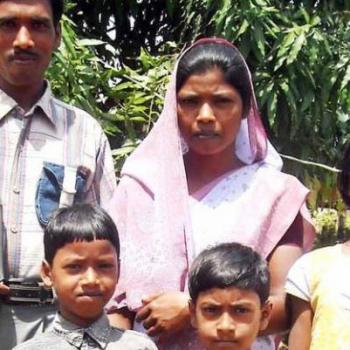

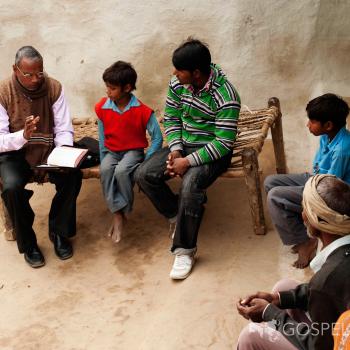
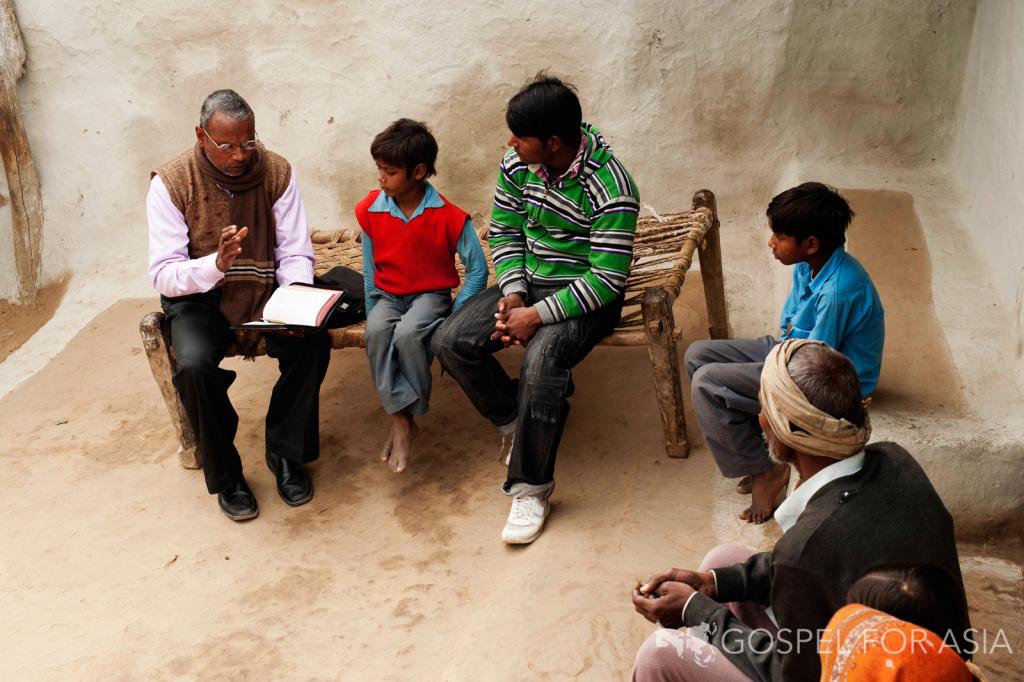
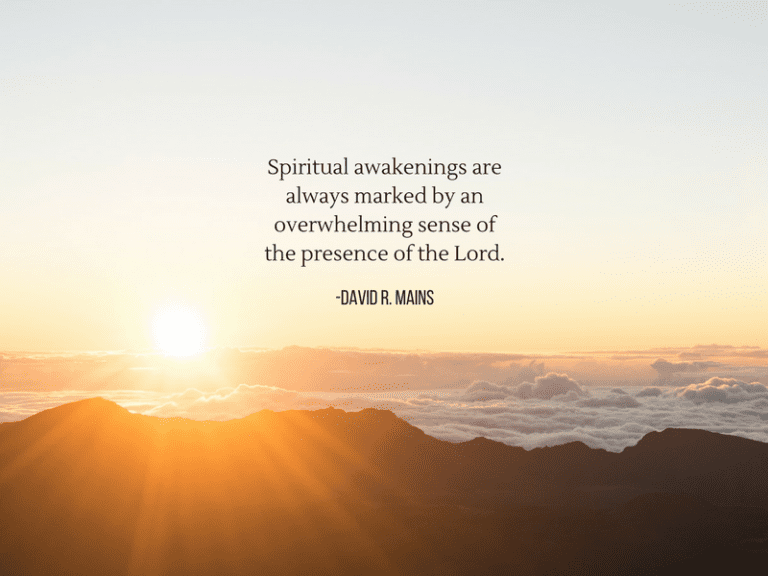
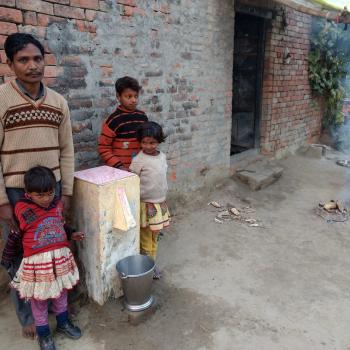
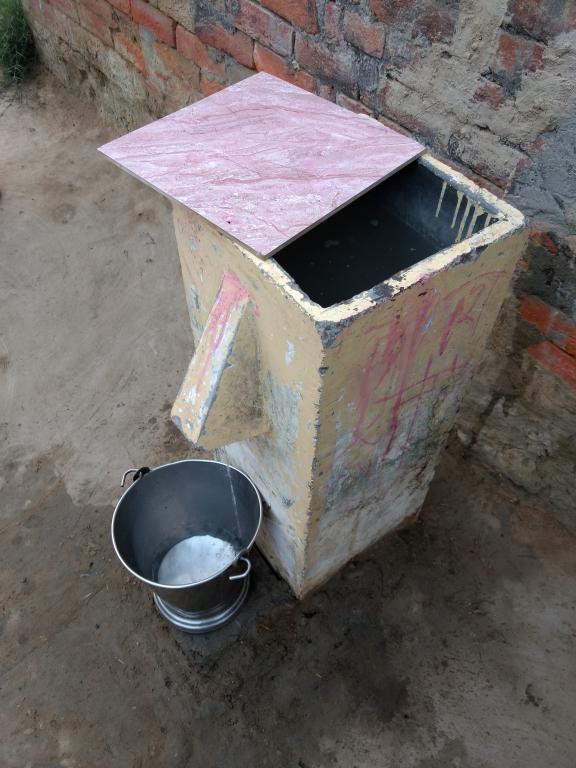
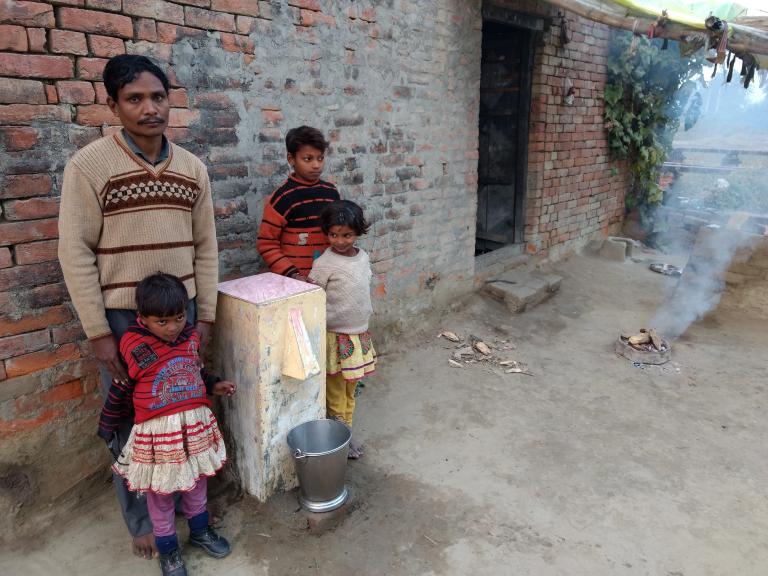
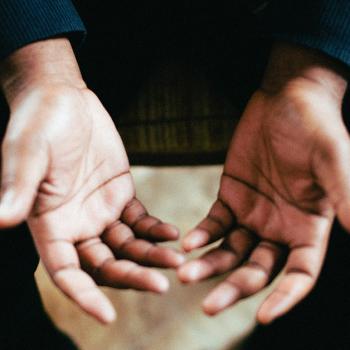

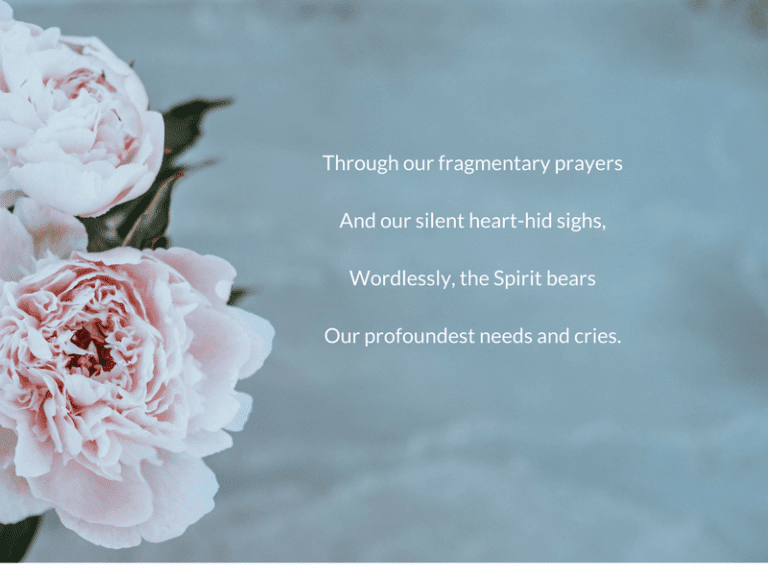
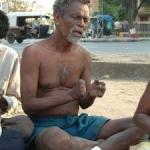

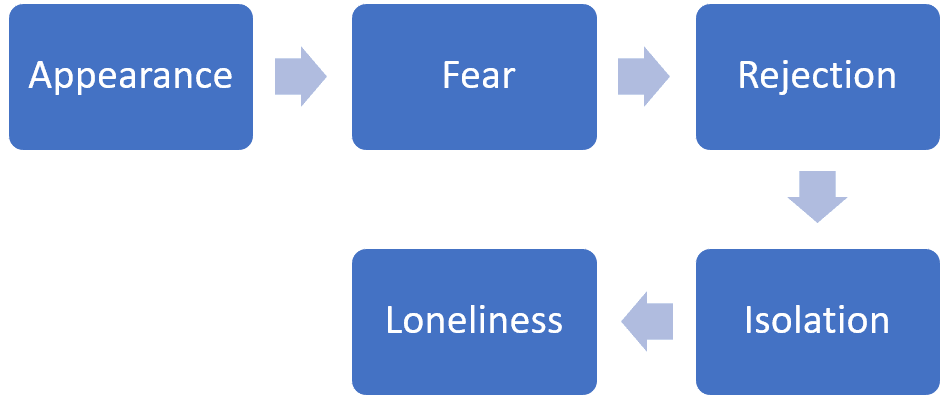

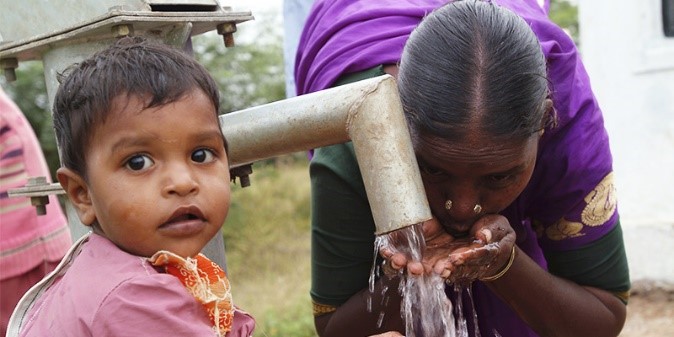
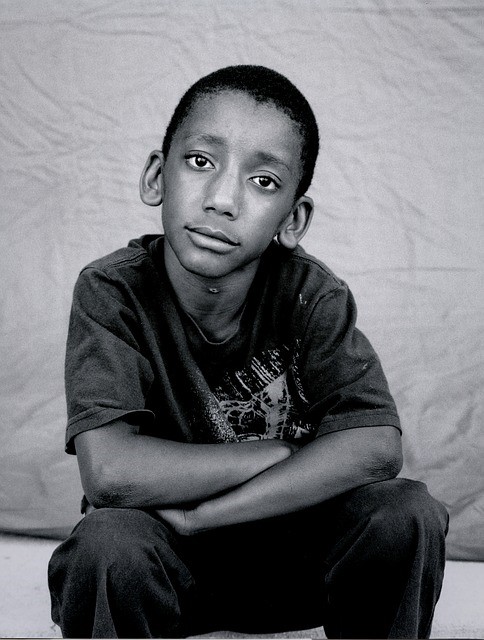

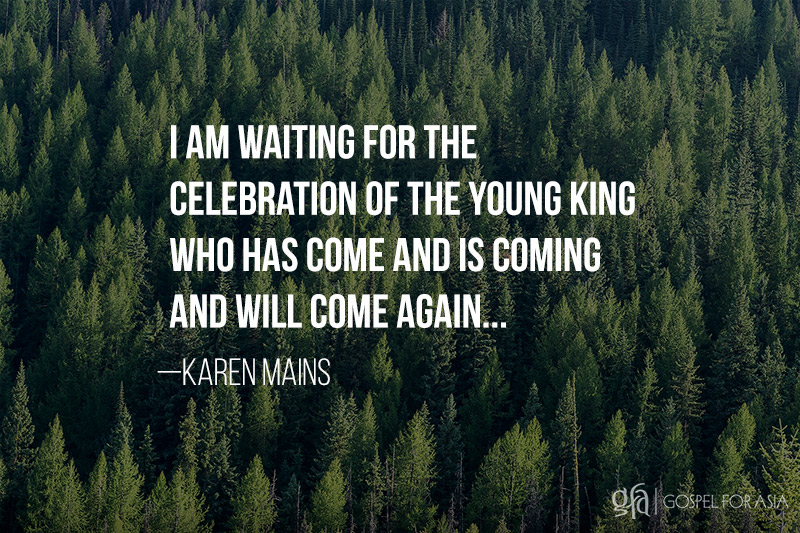
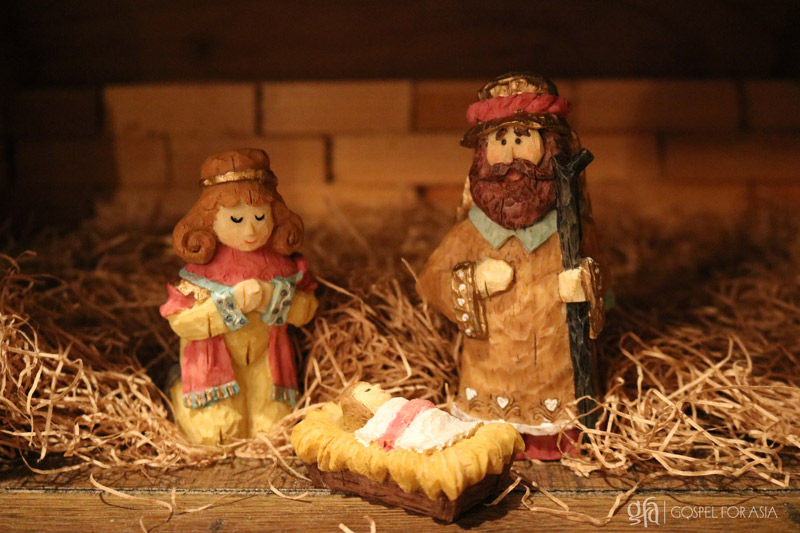 The church my husband and I attend is an inner-city church thronged with eager and spiritually hungry millennials. It’s worship is vibrant (and loud). Baptismal services are held frequently. Some 56 new believers were baptized on the recent Sunday set aside for this. But it is not a liturgical church; we probably will not observe Advent this December 10. But the Holy Spirit (or perhaps some stray imagining of my own) or the memory of the Scriptural insights from my African friends, or simply looking at a familiar Scripture (2 Samuel 6) with a little fresh understanding is making this Advent Sunday deep with meaning. I am thinking of a young man, stripped, dancing before his people.
The church my husband and I attend is an inner-city church thronged with eager and spiritually hungry millennials. It’s worship is vibrant (and loud). Baptismal services are held frequently. Some 56 new believers were baptized on the recent Sunday set aside for this. But it is not a liturgical church; we probably will not observe Advent this December 10. But the Holy Spirit (or perhaps some stray imagining of my own) or the memory of the Scriptural insights from my African friends, or simply looking at a familiar Scripture (2 Samuel 6) with a little fresh understanding is making this Advent Sunday deep with meaning. I am thinking of a young man, stripped, dancing before his people.
